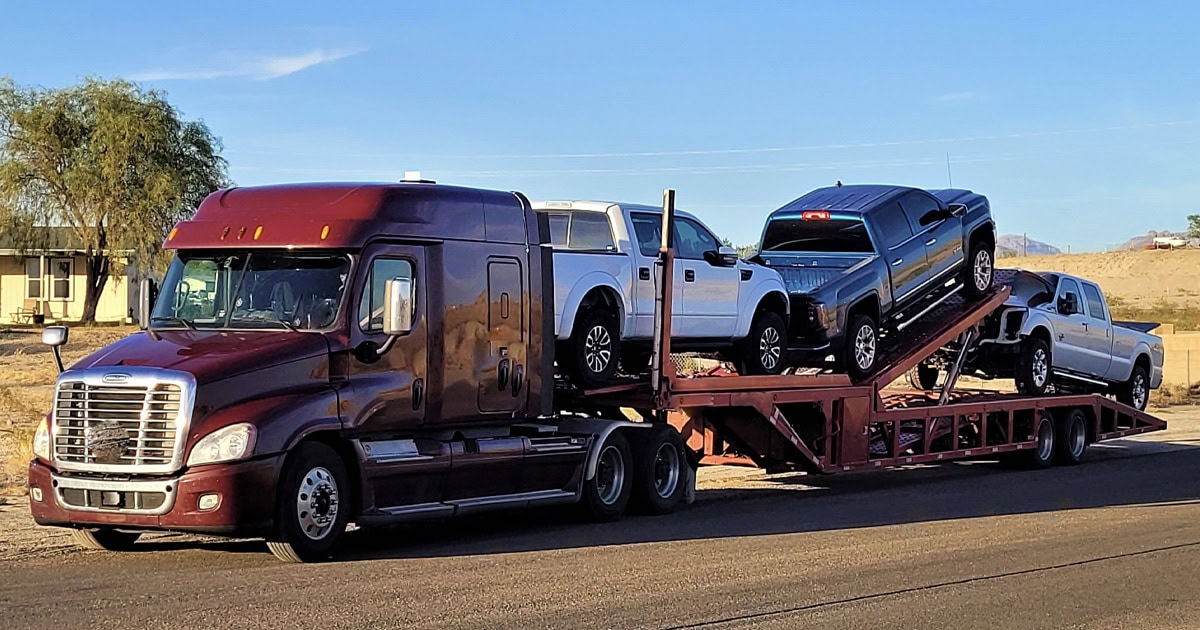You’ve just scored the collector car purchase of a lifetime; a 1970 Plymouth Hemi Cuda Convertible. It rolled across the auction block at Barrett-Jackson and when the gavel dropped this baby was yours! You’ve made all the necessary Car Shipping arrangements, of course opting for an enclosed carrier to keep your dream car in pristine condition for its 2,862 mile journey from Scottsdale, AZ to its new home in Bangor Maine. The carrier arrives at your door and you run out to marvel upon the Holy Grail of Muscle Cars that’s about to be rolled onto your ice-covered driveway, but when the auto shipper lowers the door on his trailer to reveal your new ride, your dreams are quickly replaced with nightmares! The large green puddle underneath one of the most sought after cars on the planet starts to spill out of the back of the car carrier and drip to the ground like the tears silently burning down your cheeks. The priceless block in your Hemi Cuda is cracked, all because no one thought to make sure the antifreeze in it had been mixed properly to provide adequate cold weather protection.
As winter quickly descends upon us all this year I felt it was an appropriate time to discuss proper cold weather preparation for everyone shipping a vehicle this season. If you are living in, or shipping a vehicle to the Northern States, you need to have your antifreeze levels checked. Pure antifreeze will freeze at about -5 degrees Fahrenheit. This is of course lower than the freeze point of pure water, which is 32 degrees Fahrenheit, but not low enough protection to ensure your vehicle won’t experience issues in the sub-zero temperatures the Northern US is known for during the Winter months. Any local garage should be able to test this for you and you can also pick up testing kits yourself at most auto parts stores. Check to make sure you are using the proper color of antifreeze for your vehicle and look for products that say they are already 50/50 mixed.
Another thing to consider during the cold winter months is the health of your battery. If you’re shipping your car and your battery dies during shipment, you could be assessed an inoperable vehicle fee by the shipping company upon delivery. If all it takes is a simple jump-start to get your car running, most companies will provide this service as a courtesy to you at no charge. However, if your vehicle is on the top deck 13 feet in the air and getting jumper cables to it is physically impossible, you can expect to not only have to replace your battery when your vehicle gets unloaded, but to also pay an extra handling fee.
Save yourself time, money and preventable headaches this car shipping season and make sure your vehicle is properly prepared for shipment, no matter what your beginning and ending destinations may be!



